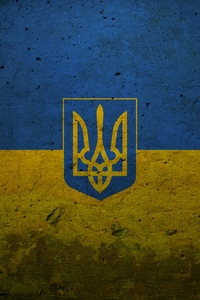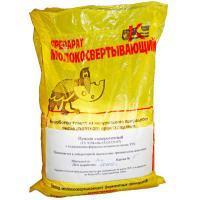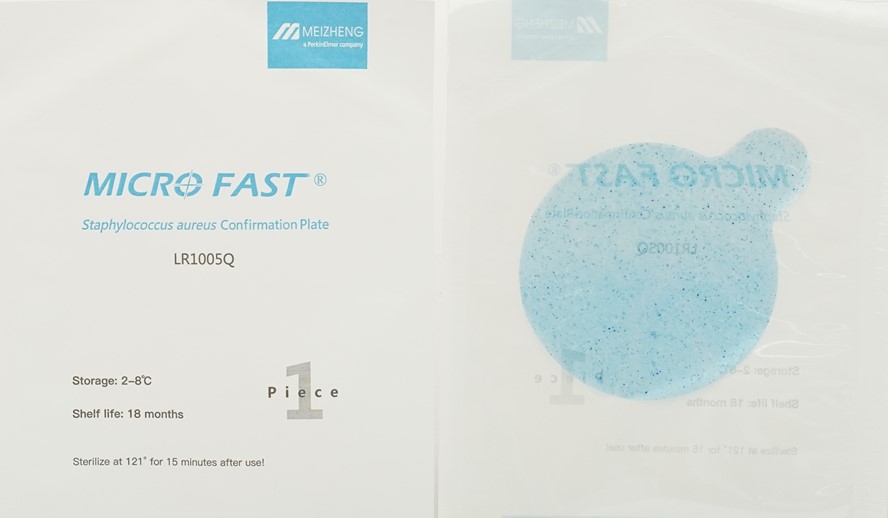In Russia, the intensity of DDoS attacks has decreased
The intensity of DDoS attacks on Russian companies began to decline around March 9–10, Alexander Lyamin, founder of Qrator Labs, told RBC. During such attacks, attackers send a large number of requests to the site that exceed the network bandwidth, which blocks the operation of the resource.
The websites of various Russian organizations have faced massive DDoS attacks since RUSSIA launched a special military operation in Ukraine on February 24. The most complex and numerous attack in terms of the number of simultaneously involved devices was recorded on March 7 - more than 3.5 million devices took part in it, Alexander Lyamin said.
“A feature of the observed attacks is also that these are Application Layer (L7) attacks, the traffic of which can maximally resemble the activity of ordinary users. Such attacks use encrypted HTTPS traffic, which requires a large amount of resources and computing power to clean up, since cryptographic load is added to the processing of unencrypted requests,” Lyamin noted. He emphasized that it is too early to say that the observed decline in attacks is final. “If there are still aggravations in the conditions of a special military operation, then this will definitely be reflected in cyberspace by an increase in the number and intensity of attacks,” the expert concluded.
The Ministry of Digital Development offered banks assistance in protecting against DDoS attacks from abroad Finance
“If we look only at the number of repulsed attacks, we can really conclude that the peak was on February 23, 24 and 25, and now there seems to be a downward trend,” confirmed Alexander Gutnikov, cybersecurity expert at Kaspersky Lab. At the same time, he drew attention to the fact that the nature of the attacks had changed. “In the early days, we noted that a large number of users who did not have the competencies and tools for complex attacks, hacktivists, participated in the attacks simultaneously with professional attackers. Over time, their number has decreased, but they are still quite numerous. In addition, now mostly ultra-long attacks are taking place, lasting for days, ”said Alexander Gutnikov. Compared to the period before February 24, there are still many more attacks, he added. At the same time, he recalled that in the fourth quarter of last year, Kaspersky Lab recorded record highs for DDoS attacks. “Therefore, the current situation can only be conditionally characterized by a downward trend,” the expert concluded.



























































